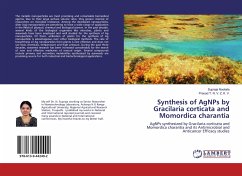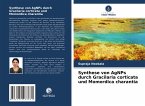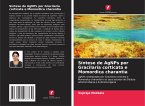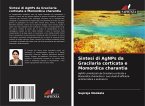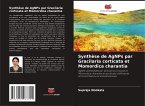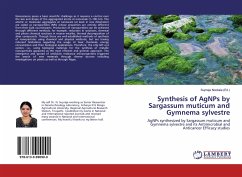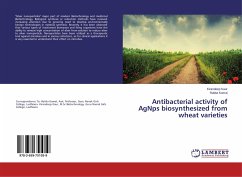The metallic nanoparticles are most promising and remarkable biomedical agents. Due to their large surface volume ratio, they govern interest of researchers on microbial resistance. Among the developed nanoparticles, silver (Ag) nanoparticles are pertaining to have a wide range of application in the fields of physical, chemical and biological science. In the past decade, several kinds of the biological organisms like microbes, plants and seaweeds have been employed and well studied for the synthesis of Ag nanoparticles. Of them, utilization of plants for the synthesis of Ag nanoparticle is advantageous over other biological methods. The rate of biosynthesis of Ag nanoparticles from plants is cost effective and does not use toxic chemicals, temperature and high pressure. During the past three decades, seaweed research has been increased considerably for the search of new and effective medicines of natural origin. Several compounds include primary and secondary metabolites synthesized by seaweeds are promising source for both industrial and biotechnological applications.
Bitte wählen Sie Ihr Anliegen aus.
Rechnungen
Retourenschein anfordern
Bestellstatus
Storno

